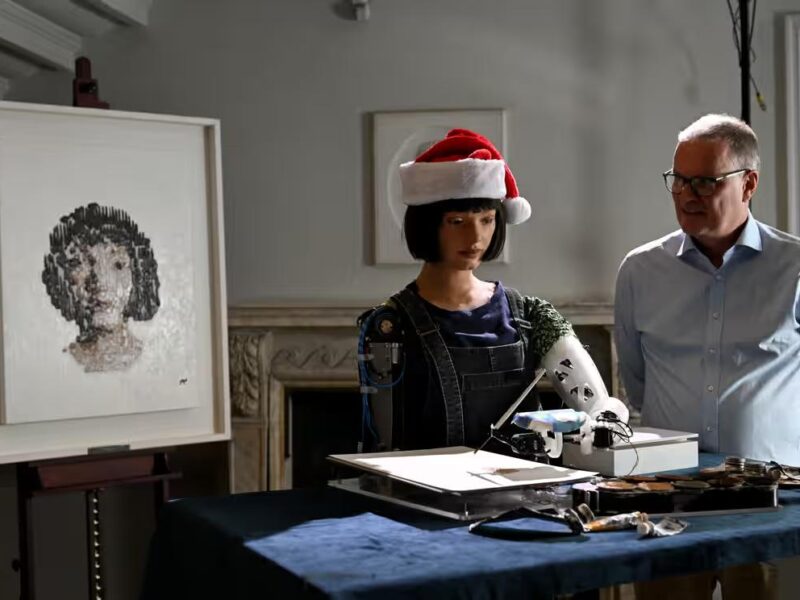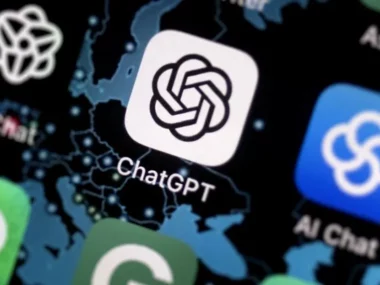Prof Mike Wooldridge will speak at this year’s Royal Institution on emerging AI issues. Christmas speeches
According to an artificial intelligence expert, talking about job issues or political preferences in ChatGPT could backfire.
According to Mike Wooldridge, an Oxford University professor of AI, discussing confidential information or having heart-to-hearts with a chatbot would be “extremely unwise” because whatever revealed helps train future versions.
Users should not anticipate a balanced reaction to their remarks, he argues, because the system “tells you what you want to hear.”
In this year’s Royal Institution Christmas talks, Wooldridge will be discussing artificial intelligence. According to the university, he will look at the “big questions facing AI research and dispel myths about how this ground-breaking technology truly works.”
Among the issues he will cover are how a machine may be taught to translate from one language to another and how chatbots work. He will also address the looming challenge of AI: can it ever genuinely be like humans?
According to Wooldridge, while humans are wired to hunt for consciousness in AI, it is a pointless endeavor. “AI has no empathy,” he claims. It is not sympathetic.”
“That’s absolutely not what the technology is doing and crucially, it’s never experienced anything,” he said. “The technology is basically designed to try to tell you what you want to hear – that’s literally all it’s doing.”
He made the sobering observation that “anything you type into ChatGPT is just going to be fed directly into future versions of ChatGPT.” Retractions aren’t really an option if you realize you’ve revealed too much to ChatGPT. According to Wooldridge, given how AI models work, recovering your data once it has been entered into the system is nearly difficult.
“In April, we introduced the ability to turn off chat history,” stated a spokeswoman for OpenAI, the organization behind ChatGPT. Conversations begun while chat history is deactivated will not be used to train and improve our algorithms.”
Wooldridge will be joined by prominent AI figures during the lecture series. According to the Royal Institution, he will also introduce “a variety of robot friends, who will demonstrate what robots today can and cannot do.”
Michael Faraday established the Christmas lectures at the Royal Institution in London in 1825 with the goal of engaging and educating young people about science. They debuted in 1936, making them the earliest science television series.
Nobel laureates William and Lawrence Bragg, Sir David Attenborough, Carl Sagan, and Dame Nancy Rothwell have all delivered lectures.
The lectures will be broadcast on BBC Four and iPlayer on December 26, 27, and 28 at 8 p.m.










